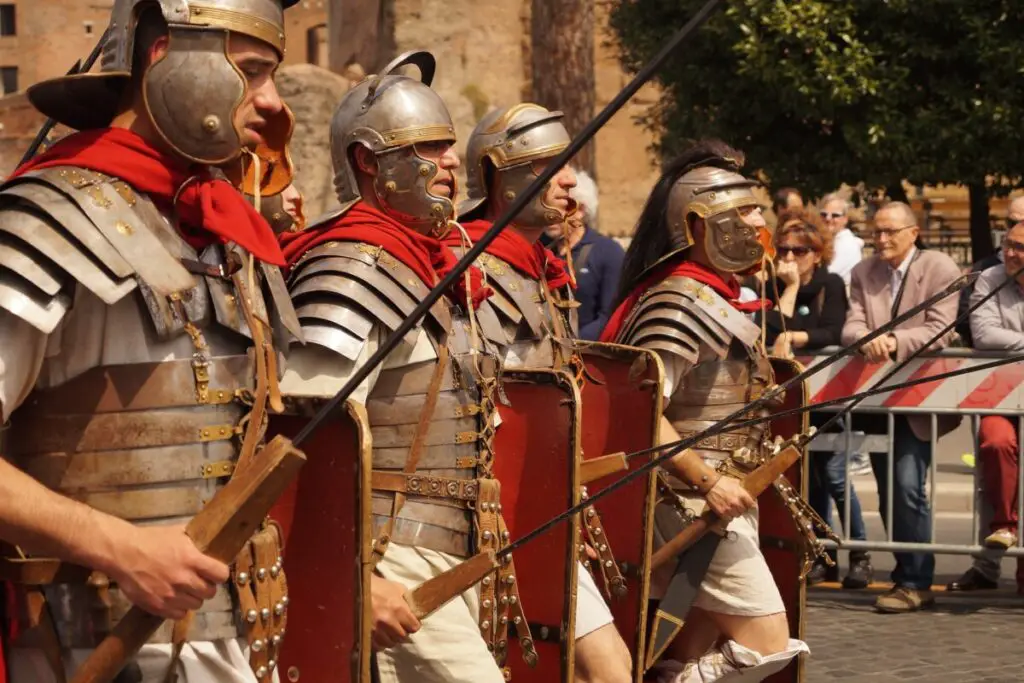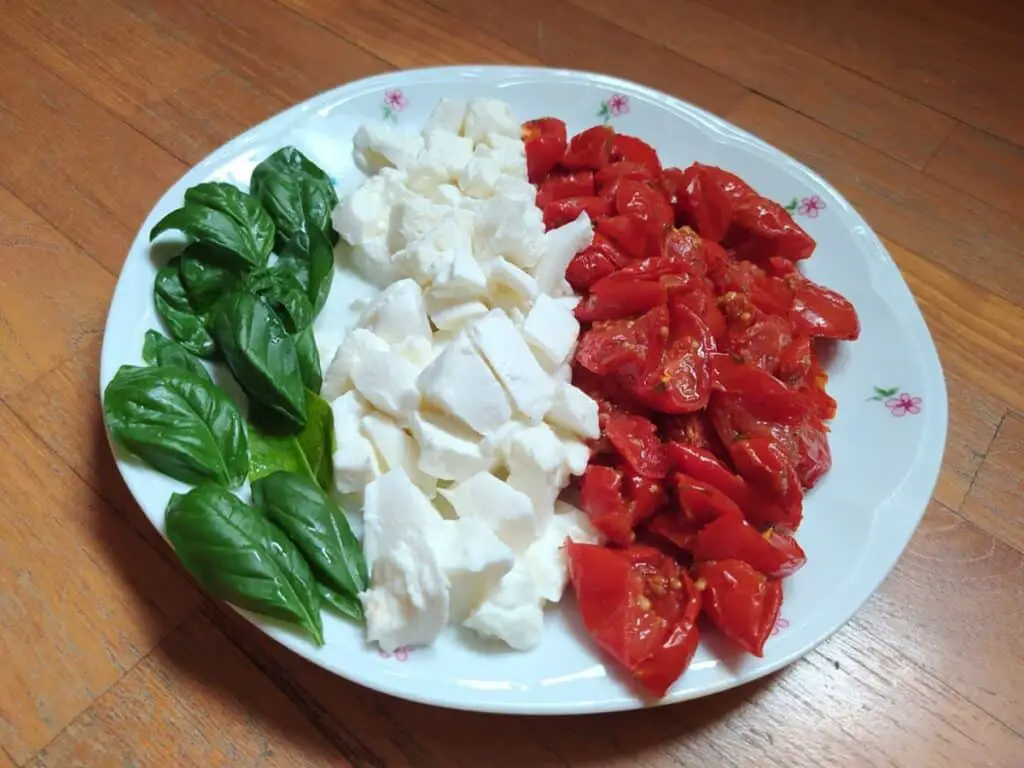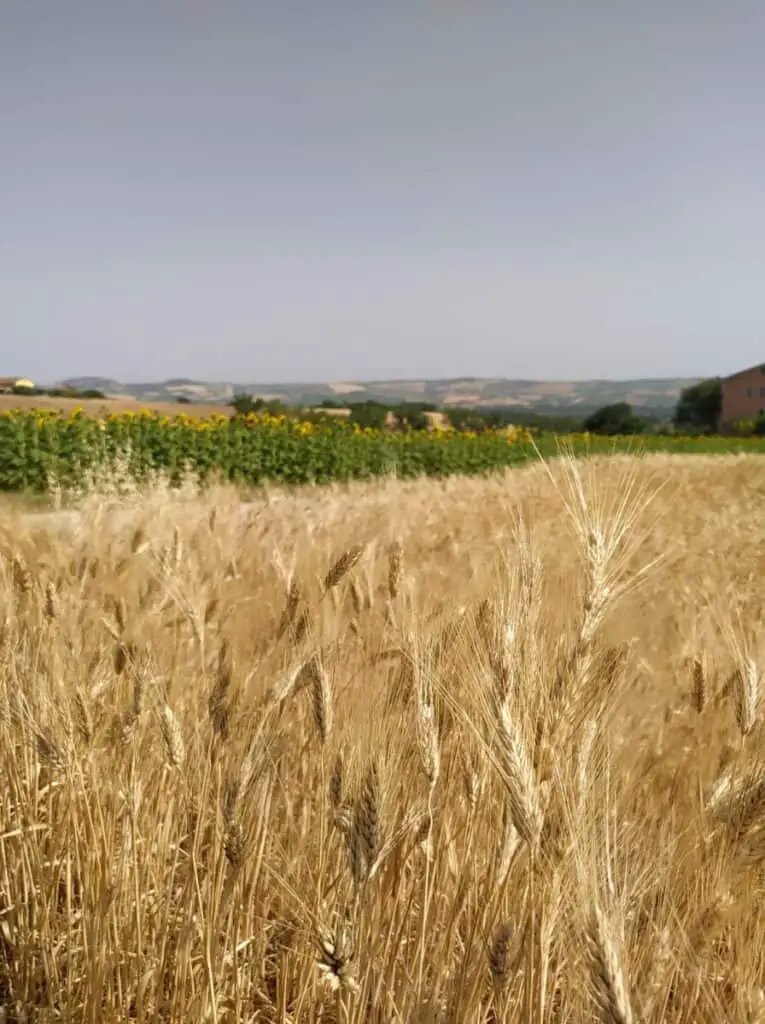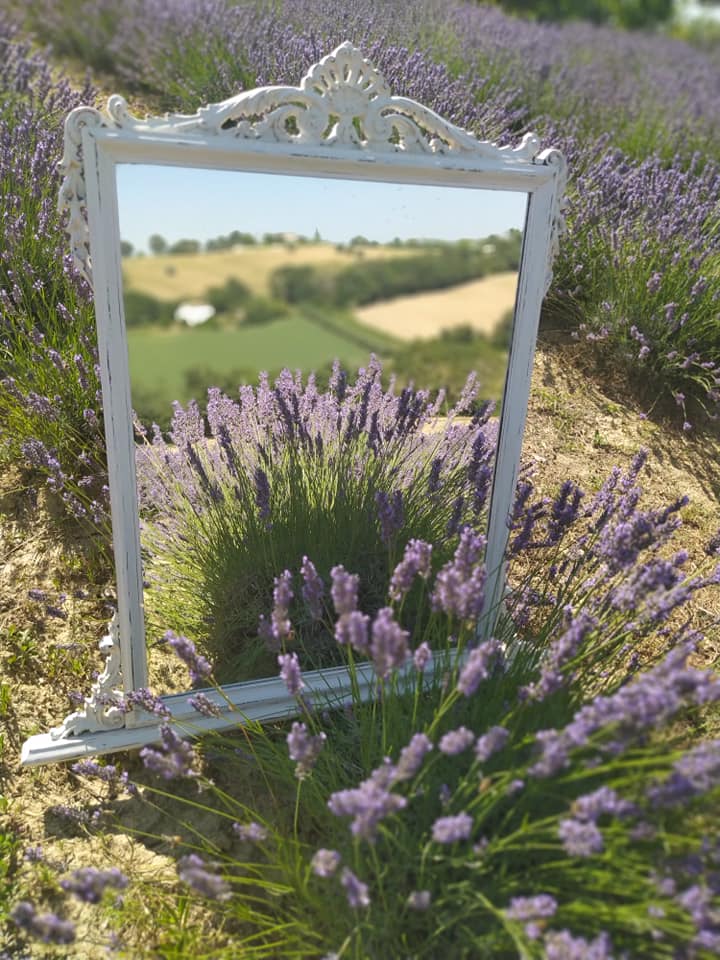If you are learning Italian, you may be in a situation where you wish to describe a person in terms of how they look, but also other aspects relating to how they behave.
Italian’s vocabulary is very rich, and so you won’t run out of adjectives to describe a person. This article is a comprehensive list of adjectives which may be useful to you.
How do you describe someone’s physical appearance in Italian?
As a general rule, to describe a person’s physical appearance in Italian, you can use the form “he/ she is….” followed by the adjective, which needs to agree in gender and number with the person being described.
For example:
- Lui è alto (singular masculine) = he is tall
- Lei è alta (singular feminine) = she is tall
- Loro sono alti (plural masculine) = they are tall
- Loro sono alte (plural feminine) = they are tall
Alternatively, when describing a particular body part or element of a person, you can use the form “he/ she has….” followed by the element you are describing and the adjective referred to it.
For example:
- Lui ha i capelli biondi = he has blond hair
Note that the word “hair”, “i capelli”, is masculine, and used mostly in its plural form in Italian, so the adjectives referred to it will be in their masculine and plural form.
How to describe a person’s build in Italian
This is a list of adjectives that you can use to describe a person’s build in Italian, with example sentences.
The highlighted words in the examples flag the gender and number agreement between the adjectives and the words that they refer to, if they are present in the sentence.
- Alto – tall
Le ragazze in quella famiglia sono tutte alte
The girls in that family are all tall
- Basso – short
In genere, le ragazze sono più basse dei ragazzi
Usually, girls are shorter than boys
- Magro – thin/ skinny
Da bambino era molto magro
As a child he was very skinny
- Gracile – frail
La signora anziana ha un’ aspetto gracile
The elderly lady has a frail appearance
- Grasso – fat
Quell’ uomo ha le dita grasse
That man has fat fingers
- Grosso – fat/ well built / big
Suo padre è un uomo grosso
His dad is a well-built man
- Bello – beautiful/ handsome
Quella ragazza è proprio bella
That girl is really beautiful
- Carino – cute/ pretty
I bambini piccoli sono molto carini
Small children are very cute
- Brutto – ugly
Non sono brutti
They are not ugly
- Robusto – well built/ muscular
Grazie alla palestra, lui è più robusto adesso
Thanks to the gym, he’s more muscular now
- Pallido – pale
Lei era molto pallida
She was very pale
How to describe a person’s hair in Italian
This is a list of adjectives that you can use to describe a person’s hair in Italian, with example sentences.
Some adjectives to describe hair in Italian can be referred to the whole person (for example “he is blond”), while some adjectives have to be referred to the hair specifically (for example “she has grey hair”).
Where multiple options are possible, I have included these in the examples below.
The highlighted words in the examples flag the gender and number agreement between the adjectives and the words that they refer to, if they are present in the sentence.
- Biondo – blond
Lei ha i capelli biondi / Lei è bionda/ I suoi capelli sono biondi
She has blond hair / she is blonde / her hair is blond
- Castano – brown/ brunette
Lei ha i capelli castani/ Lei è castana/ I suoi capelli sono castani
She has brown hair / she is a brunette / her hair is brown
- Grigio – grey
La signora ha i capelli grigi / I capelli della signora sono grigi
The lady has grey hair / the lady’s hair is grey
- Bianco – white (often preferred for the elderly instead of “grey”)
La signora ha i capelli bianchi/ I capelli della signora sono bianchi
The lady has white hair (although “grey hair” is often preferred in English) / the lady’s hair is white
- Moro – dark brown
Lei ha i capelli mori/ Lei è mora / I suoi capelli sono mori
She has dark brown hair / she is brunette / her hair is dark brown
- Crespo – fizzy/ dry
Io ho i capelli crespi/ I miei capelli sono crespi
I have dry hair/ my hair is dry
- Nero – black
Il bambino ha i capelli neri / I capelli del bambino sono neri
The child has long hair / the child’s hair is long
- Rosso – ginger/ red
Le sorelle hanno i capelli rossi / I capelli delle sorelle sono rossi
The sisters have ginger hair / the sister’s hair is ginger
- Corto – short
Il ragazzo ha i capelli corti / I capelli del ragazzo sono corti
The boy has short hair / the boy’s hair is short
- Lungo – long
Loro hanno i capelli lunghi / I loro capelli sono lunghi
They have long hair / their hair is long
- Liscio – straight
Marina ha i capelli lisci / I capelli di Marina sono lisci
Marina has straight hair
- Mosso – wavy/ loose curls
Ho i capelli mossi / I miei capelli sono mossi
My hair is wavy
- Riccio – curly / tight curls
Loro hanno i capelli ricci / loro sono ricci / I loro capelli sono ricci
They have curly hair / they are curly (although this second example would not be used in English) / their hair is curly
- Ondulato – wavy
Lei ha i capelli ondulati / I suoi capelli sono ondulati
She has wavy hair
- Sottile – thin
Lui ha i capelli sottili / I suoi capelli sono sottili
He has thin hair / his hair is thin
- Rado – sparse
Quel signore ha i capelli radi / I capelli di quel signore sono radi
That gentleman has sparse hair / That gentleman’s hair is sparse
How to describe a person’s eyes in Italian
This is a list of adjectives that you can use to describe a person’s eyes in Italian, with example sentences.
The highlighted words in the examples flag the gender and number agreement between the adjectives and the words that they refer to, if they are present in the sentence.
- Azzurri – blue
Nella nostra famiglia ci sono gli occhi azzurri
In our family there are blue eyes
- Marroni – brown
Molti italiani hanno gli occhi marroni
Many Italians have brown eyes
- Neri – dark brown (literal meaning in Italian is “black”)
Quella bambina ha gli occhi neri
That child has dark brown eyes
- Verdi – green
Mio zio ha gli occhi verdi
My uncle has green eyes
- Grandi – big
Quella signora ha gli occhi molto grandi
That lady has very big eyes
- Piccoli – small
Il signore ha gli occhi piccoli
The gentleman has small eyes
- Tondi – round
Il bambino ha gli occhi rotondi
The boy/ child has round eyes
- Allungati – almond-shaped
Molte ragazze di quel paese hanno gli occhi allungati
Many girls from that country have almond-shaped eyes
How to describe a person’s general physical appearance in Italian
Below is a list of Italian adjectives that can be used to describe a person’s general physical appearance.
The highlighted words in the examples flag the gender and number agreement between the adjectives and the words that they refer to, if they are present in the sentence.
- Giovane – young
Sono molto giovani
They are very young
- Giovanile – young looking / youthful
È un signore avanti con gli anni ma molto giovanile
He’s a gentleman who’s getting on in years but is very youthful
- Vecchio – old (although “anziano” is a more polite adjective)
Il paese è pieno di vecchi signori e vecchie signore
The town is full of old ladies and old gentlemen
- Anziano – elderly/ senior
La mia bisnonna è molto anziana ormai
My great-grandmother is very elderly now
- Attraente – attractive
Lui incontra molte persone attraenti nel suo lavoro
He meets many attractive people in his job
- Elegante – elegant
Lei è sempre molto elegante
She is always very elegant
- Sportivo – lively/ light hearted / easy going
Il professore mi sembra molto sportivo
The professor seems very easy going to me
- Trasandato – shabby / untidy
Durante il weekend lui è spesso trasandato perchè non è al lavoro
During the weekend he’s often shabby because he is not at work
How to describe a person’s behaviour in Italian
Below are Italian adjectives can be used to describe to how a person’s behaves.
- Cortese – corteous/ polite
L’ avvocato è stato molto cortese
The laywer was very corteous
- Gentile – kind
Le signore del negozio sono sempre gentili
The ladies from the shop are always kind
- Delicato – delicate / tactful
Lui è una persona delicata quando ci sono conversazioni difficili
He is a tactful person when there are difficult conversations
- Aggrazziato – graceful
Rita è aggraziata quando si muove
Rita is graceful when she moves
- Goffo – clumsy
Il bambino è un po’ goffo
The boy/ child is a little clumsy
Italian offers a wide choice of adjectives to describe people
The Italian language offers a wide range of adjectives that can be used to describe a person’s physical appearance and how they behave.
The biggest obstacle when using adjectives in Italian is remembering to match the gender and number to the word to which they refer.
Sometimes, gender and number agreement of Italian adjectives can be a little trickier to figure out, depending on the structure of the sentence. This is especially true of English speakers, because English adjectives are invariable.
With some practice though, using Italian adjectives to describe people will become easier and quicker.





